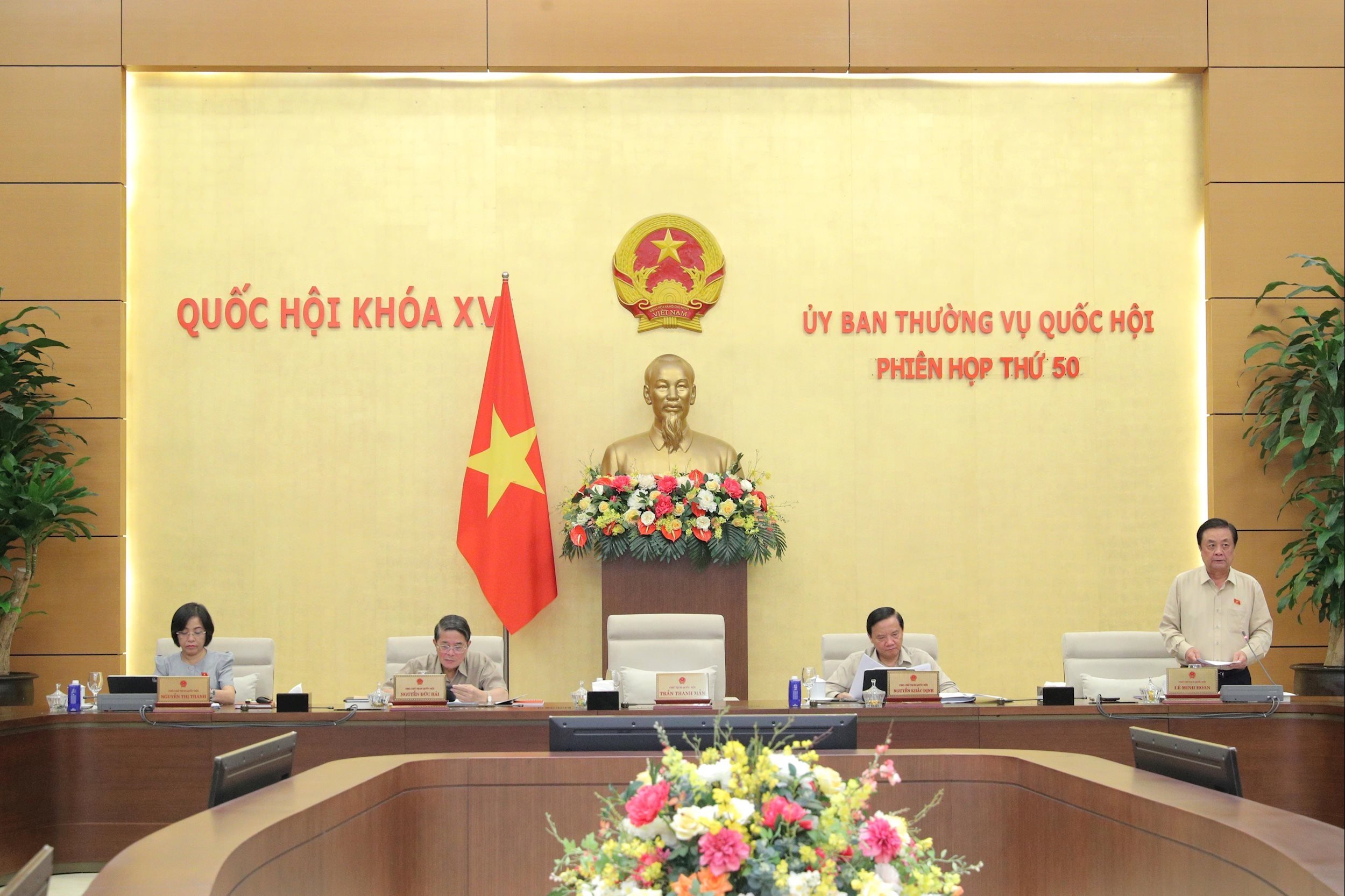
On the morning of October 16, under the direction of Vice Chairman of the National Assembly Le Minh Hoan, the National Assembly Standing Committee gave opinions on the draft Law on High Technology (amended).
Manage performance, not process
The draft Law on High Technology (amended) was presented by the Standing Deputy Minister of Science and Technology Vu Hai Quan. The draft Law includes 6 policies: perfecting the concept and criteria of high technology; redesigning the system of policies and beneficiaries of priority, incentive and investment support policies; encouraging the development of the high-tech ecosystem; supplementing regulations on models of high-tech zones and high-tech cities; supplementing and perfecting regulations on state management of high technology, management, inspection, supervision and efficiency assessment mechanisms; supplementing regulations on requirements for comprehensive digital transformation of high-tech activities.
The draft Law is designed according to the principles of simplifying administrative procedures, strengthening post-inspection, and comprehensive digital transformation in high-tech management and operations. Changing management thinking towards effective management, not process management. Attracting non-state budget investment for high technology by encouraging enterprises to invest and fund research and development of high technology, strategic technology, high-tech products, and strategic technology products.
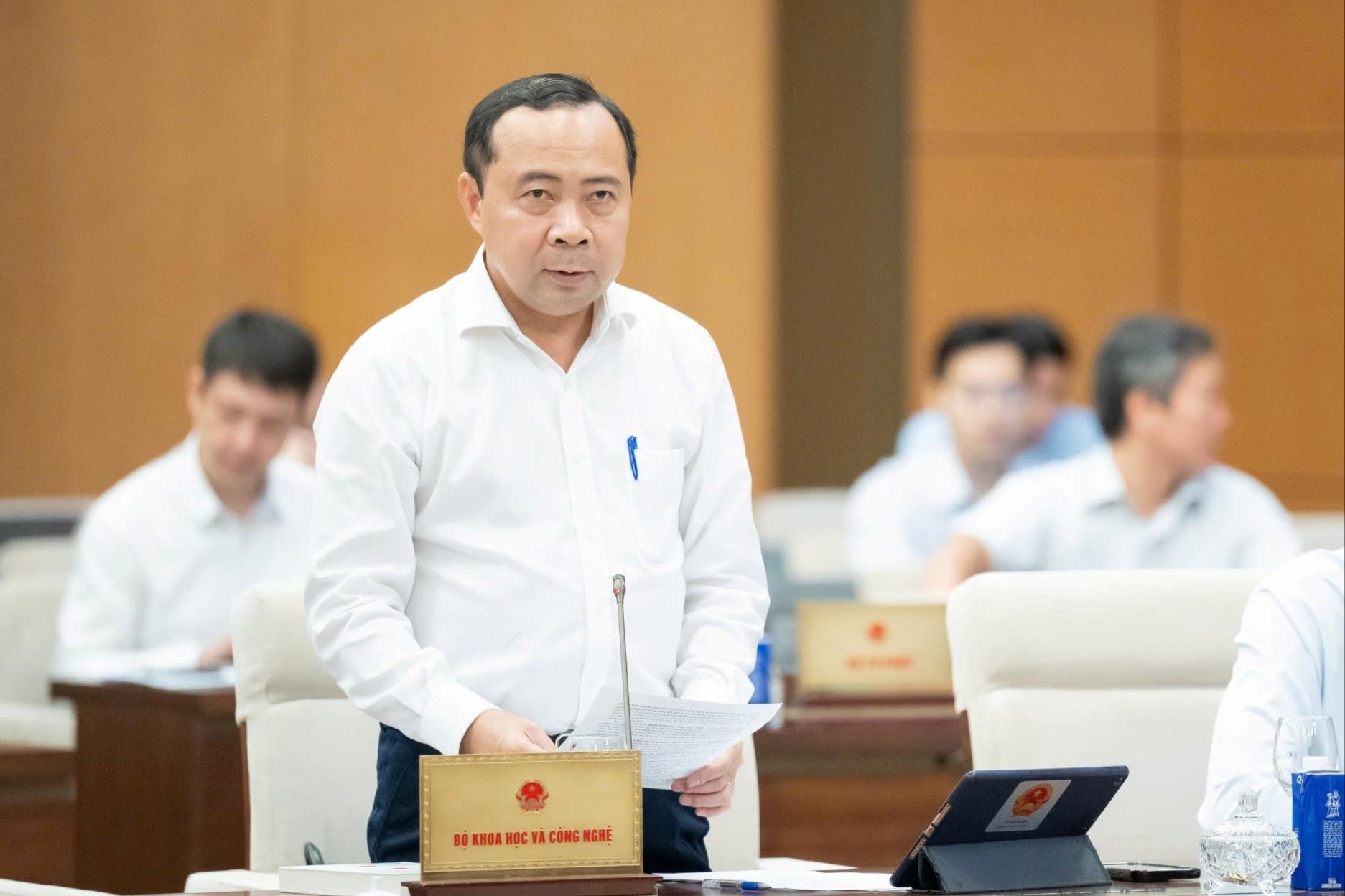
The Draft Law also inherits to the maximum the contents of the 2008 Law on High Technology which has been effectively implemented in recent times.
According to the Report on the review of the Law project presented by Deputy Chairman of the Committee on Science, Technology and Environment Nguyen Phuong Tuan, the Committee on Science, Technology and Environment agreed with the necessity of promulgating the Law on High Technology (amended).
Regarding the scope of regulation, the Committee proposed to consider adding contents on training and development of high-tech human resources, product commercialization, data security management, and protection of intellectual property rights.
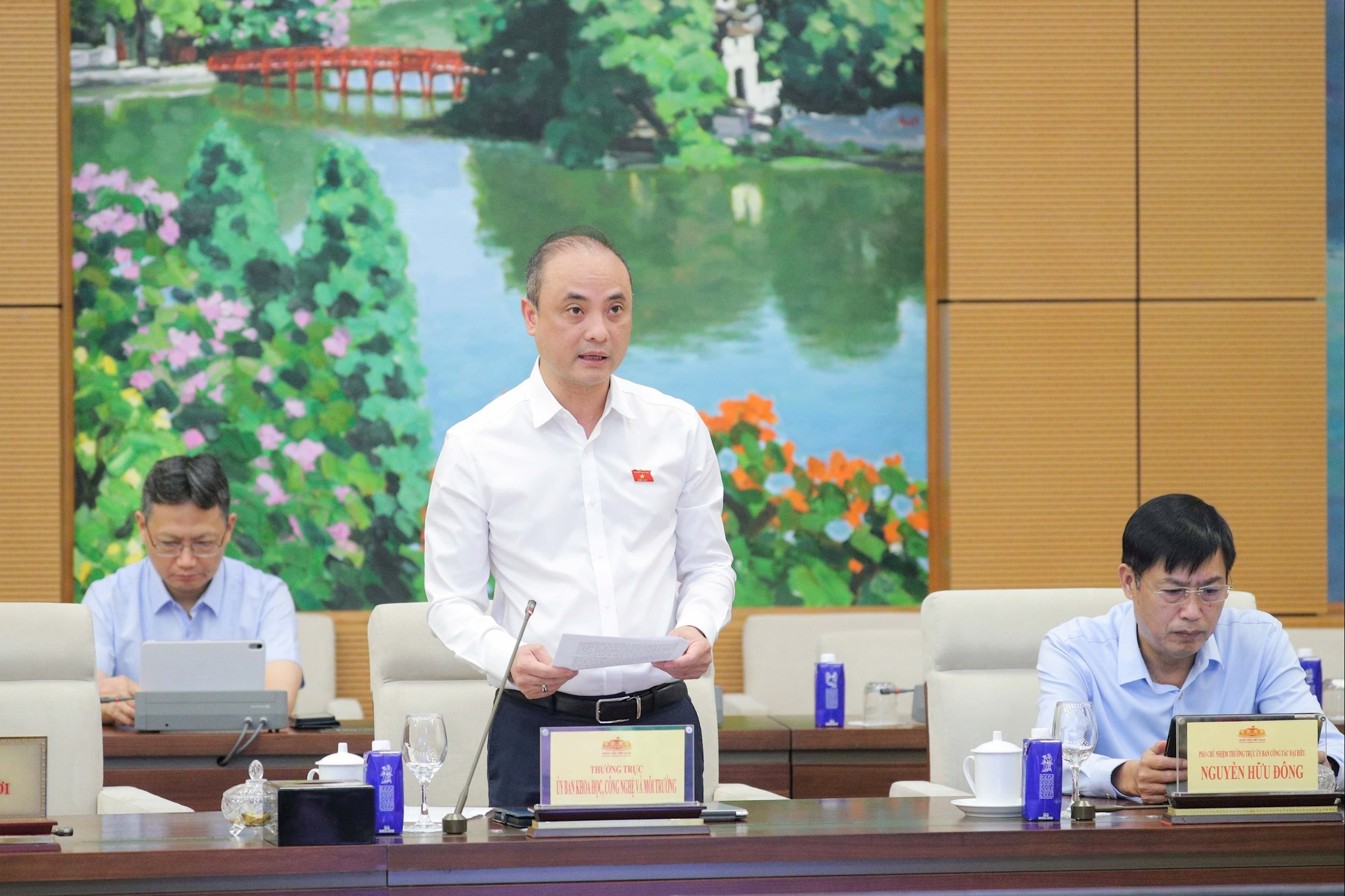
Regarding the criteria for determining high technology prioritized for investment and development and strategic technology, the Committee proposed to review and supplement specific and measurable criteria to ensure feasibility, fairness and serve as a basis for future guidance documents.
At the same time, add regulations on the list of high technologies prioritized for investment and development to the draft Law, assigning the authority to the Government to provide detailed regulations as a basis for determining high-tech products encouraged for development, high-tech application projects prioritized for investment and development and enjoying preferential policies and support from the State; and priority in technology transfer.
Promoting Vietnam to master core technology and platform technology
Vice Chairwoman of the National Assembly Nguyen Thi Thanh highly appreciated the drafting agency for designing the policies in the draft Law; saying that this is not only a legal tool but also an institutional "lever" to promote Vietnam's mastery of core and platform technologies, creating momentum for an independent, self-reliant economy and deeper participation in the global value chain.
The draft Law stipulates "a proportion of state budget expenditure for strategic technology research and development activities", the Vice Chairman of the National Assembly suggested that the drafting agency consider carefully to avoid overlapping with related laws.
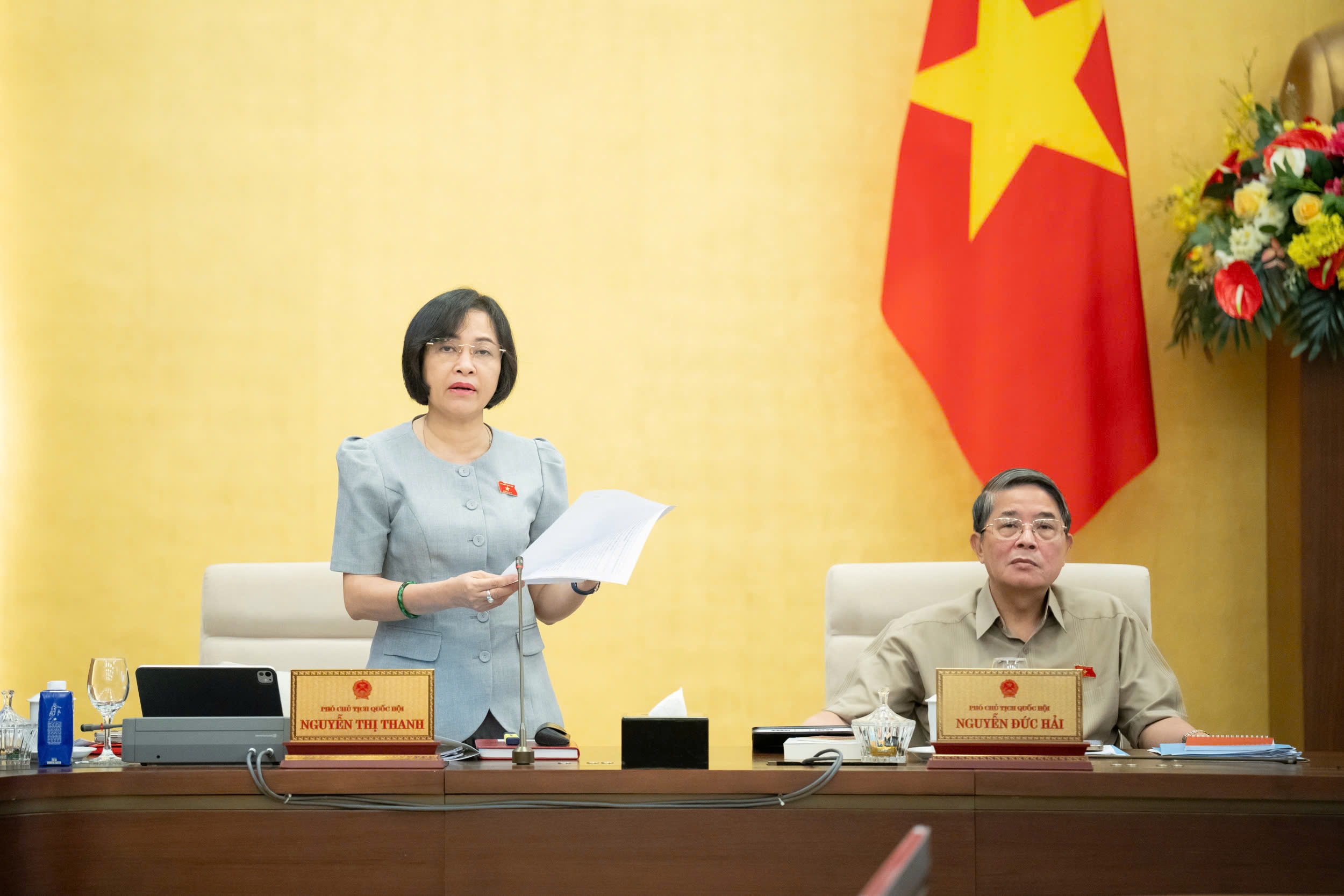
Currently, the Law on Science, Technology and Innovation stipulates a minimum expenditure of 3% of the total state budget for science and technology development, innovation and digital transformation. At the same time, the requirement increases gradually with each development stage to implement the Party's guidelines and the State's policies.
Therefore, the Vice Chairman of the National Assembly requested to clarify whether the budget expenditure allocation of this draft Law is within the minimum expenditure of 3% of the total state budget expenditure for science and technology development, innovation and digital transformation. If it is not within the "minimum expenditure of 3%", the expenditure content must be designed to avoid duplication.
The draft Law specifies six key policy groups, focusing on simplifying administrative procedures, strengthening post-audit mechanisms and attracting investment resources for high-tech development outside the state budget. Appreciating this approach, Vice Chairwoman of the National Assembly Nguyen Thi Thanh also suggested clarifying policy tools, guaranteed resources and coordination mechanisms between agencies to ensure feasibility and effectiveness in implementation.
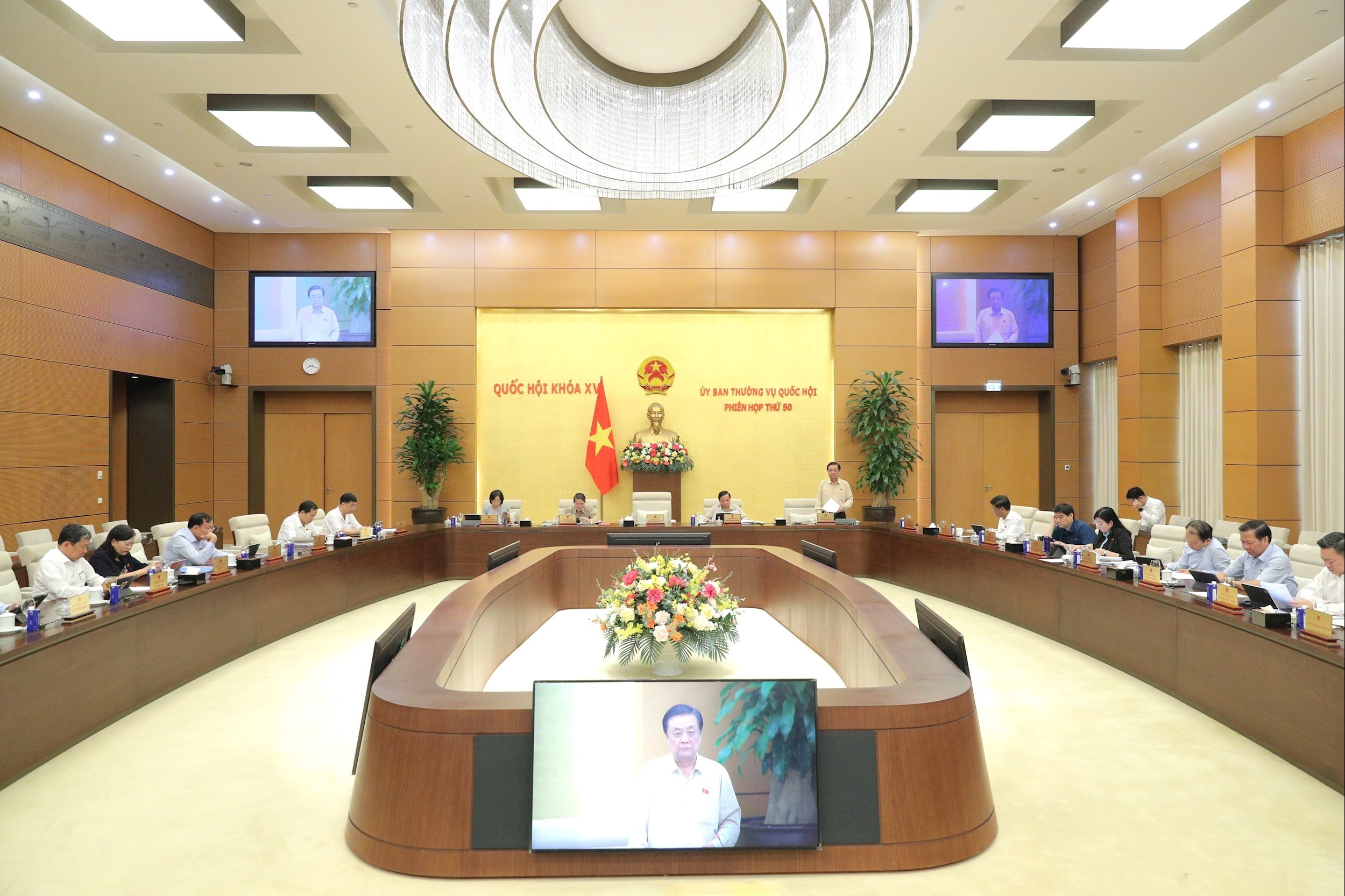
Concluding the discussion, Vice Chairman of the National Assembly Le Minh Hoan suggested that the Government continue to review and fully institutionalize the Party's guidelines, the State's policies and laws, especially the "Quadruple Strategic Resolutions", to create a breakthrough in high-tech development in our country, create momentum for socio-economic development, and ensure national security and defense; review the scope of the draft Law, ensuring brevity and coverage of the contents that need to be regulated to ensure effective implementation.
Vice Chairman of the National Assembly Le Minh Hoan also noted the strict implementation of Regulation No. 178 of the Politburo on controlling power, preventing and combating corruption and negativity in law-making work; reviewing and ensuring the feasibility, consistency and consistency of the draft Law with the current legal system, and the Law projects submitted to the National Assembly for consideration and promulgation at the upcoming 10th Session to avoid duplication and contradictions.
Source: https://daibieunhandan.vn/ro-cong-cu-chinh-sach-nguon-luc-bao-dam-va-co-che-phoi-hop-10390582.html


![[Photo] Closing ceremony of the 18th Congress of Hanoi Party Committee](https://vphoto.vietnam.vn/thumb/1200x675/vietnam/resource/IMAGE/2025/10/17/1760704850107_ndo_br_1-jpg.webp)






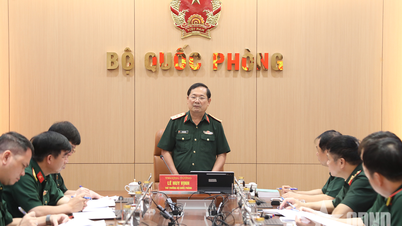

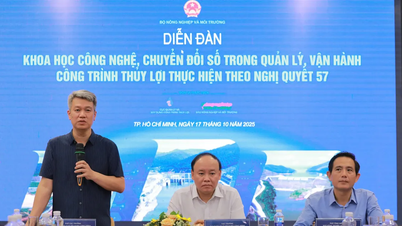

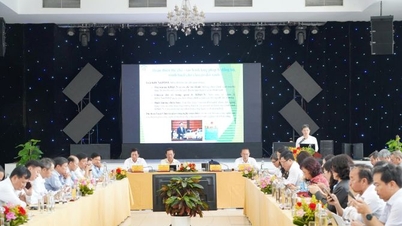




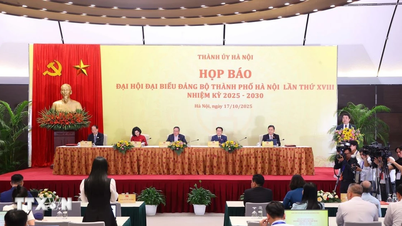


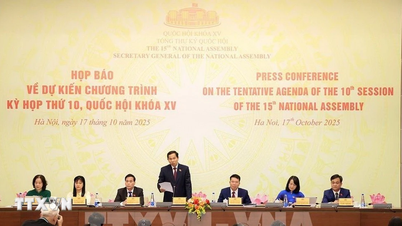
![[Video] 24-hour news on October 17, 2025: Closing the 18th Congress of Hanoi Party Committee, term 2025-2030](https://vphoto.vietnam.vn/thumb/402x226/vietnam/resource/IMAGE/2025/10/17/1760706351751_z7127426205493-af37db65f9ad59d3a7eb6cbd42fb2ecb-jpg.webp)

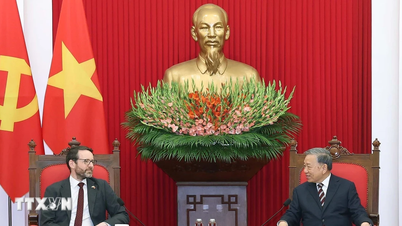






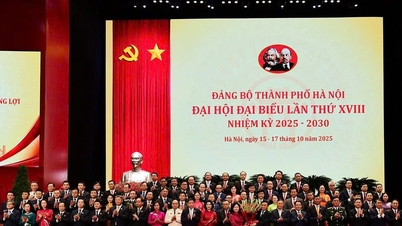
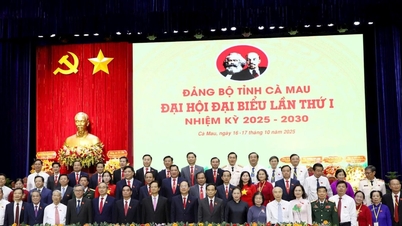
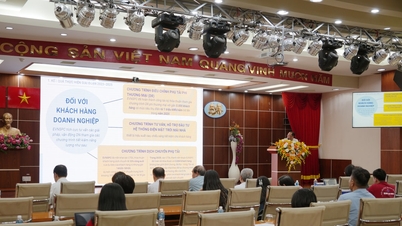
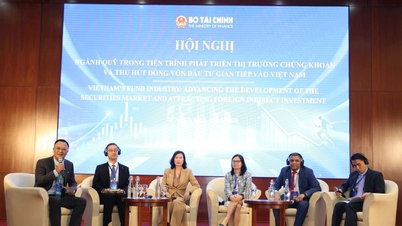

![[Photo] Nhan Dan Newspaper launches “Fatherland in the Heart: The Concert Film”](https://vphoto.vietnam.vn/thumb/1200x675/vietnam/resource/IMAGE/2025/10/16/1760622132545_thiet-ke-chua-co-ten-36-png.webp)







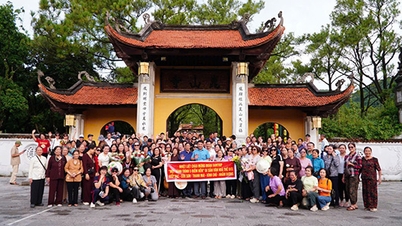











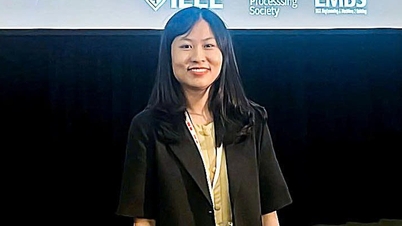




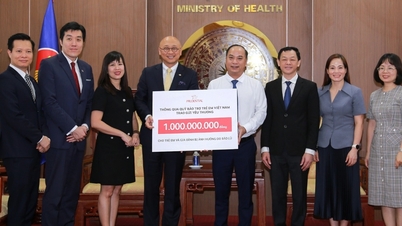
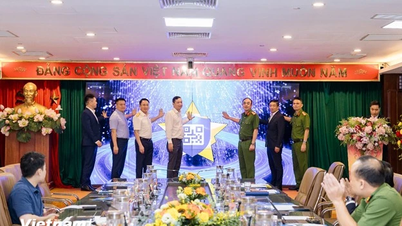
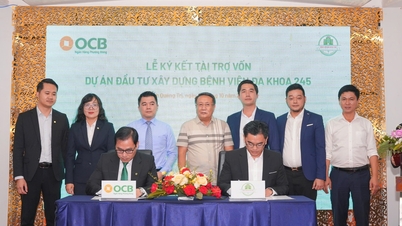


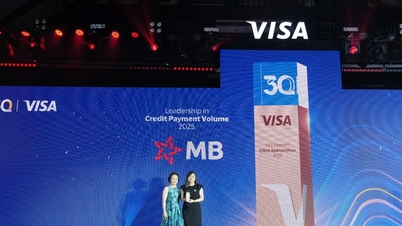













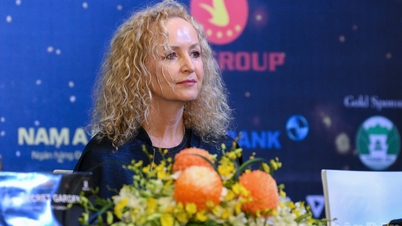
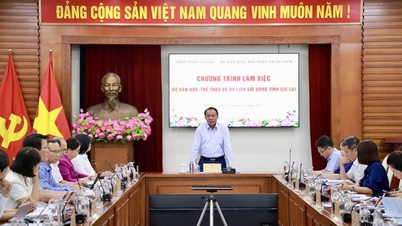

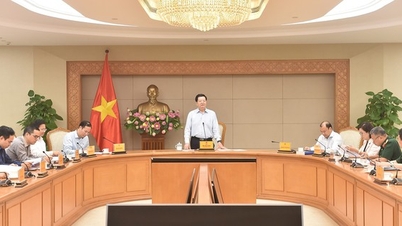
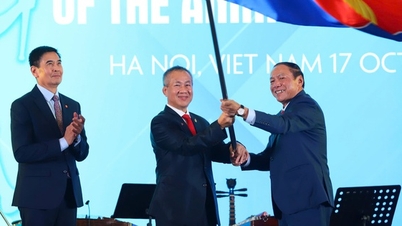
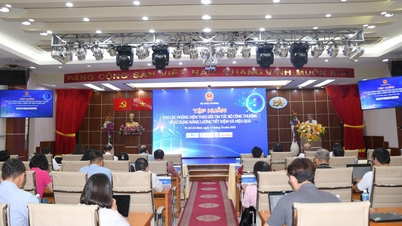

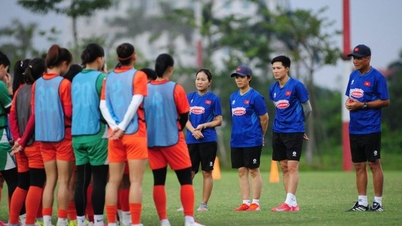
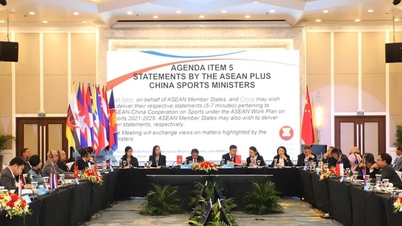
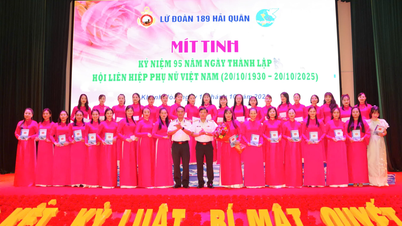

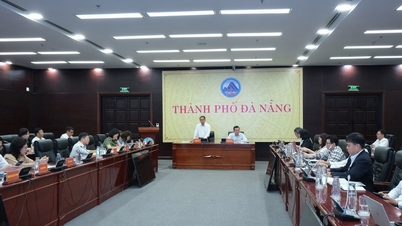

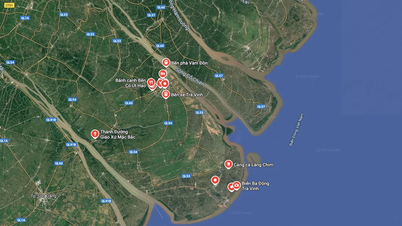









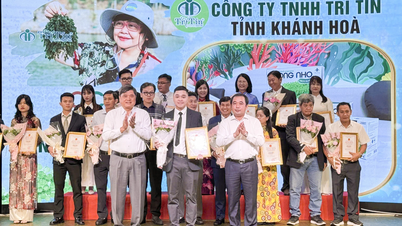
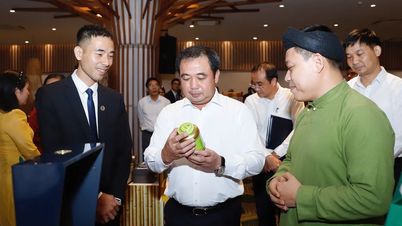









Comment (0)